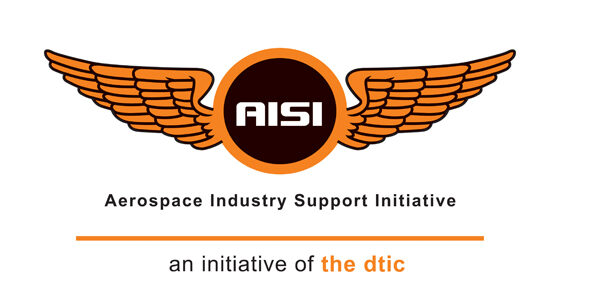Faster jet stream will add thousands of hours to journey times and increase airline fuel bills

Airline flights are known to worsen climate change but now climate change is set to worsen flight times, according to new research.
The work shows faster jet stream winds will delay transatlantic flights, adding thousands of hours a year to journey times and millions of dollars to airline fuel bills. Earlier work showed other impacts of rising temperatures on aviation, including bumpier, more turbulent flights and reducing the weight planes can carry.
Climate change is increasing the speed of the jet stream, a strong high-altitude wind that blows west to east across the Atlantic. Pilots harness the jet stream to get from the US to Europe more quickly, but have to battle it on the return journey, which currently takes an hour longer.
Dr Paul Williams, an atmospheric scientist at the University of Reading, UK, combined the software used by aviation companies to calculate the best routes each day with climate models to reveal the impact of warming on flight times.
The faster jet stream slowed eastbound transatlantic flights more than it speeded up westbound flights, leading to round trips that were on average a minute and 18 seconds longer. There are currently 300 round trips a day, meaning the delay adds up to 2,000 extra hours year, $22m in extra fuel and 70m extra kilogrammes of CO2 emitted.
“The aviation industry is facing pressure to reduce its environmental impacts, but this study shows a new way in which aviation is itself susceptible to the effects of climate change,” Williams said. “This effect will increase the fuel costs to airlines, potentially raising ticket prices, and it will worsen the environmental impacts of aviation.” Fuel costs are a critical factor in the competitiveness of airlines.
“The jet stream is does not just live in the Atlantic, it goes all the way around the world and there is another one in the southern hemisphere too,” Williams said. “So it is plausible that similar flight routes around the world will be affected and when you look at those numbers, it is just enormous.”
Carbon emissions from aviation are a significant and fast growing factor in driving global warming. On Monday, governments proposed for the first time to reduce future emissions from airplanes, although campaigners said the new standards would have little real effect.
The new research, published in Environmental Research Letters, examined flights between London’s Heathrow airport and New York’s John F. Kennedy International and calculated the impact of a 15% increase in the speed of the jet stream, which is expected in the next few decades unless current carbon emissions are heavily cut.
William’s calculated more than 1.3m flight paths in simulations covering 40 years and found that while New York to London flights were on average four minutes faster, the return flights were five minutes and 18 seconds longer. This was because planes slowed down by the jet stream spend more time fighting the headwind, while those sped up by it spend less time getting the boost.
The current record for the fastest (non-Concorde) transatlantic flight – five hours and 16 minutes, set in 2015 – was assisted by an unusually fast jet stream. Williams said passengers should expect that record to be broken more often, but they should also expect more frequent very slow flights of over seven hours. Climate change will approximately double the chances of both, he said.
The jet stream is driven by the temperature difference at high altitudes between the polar region and the equator. Satellite measurements have already shown that climate change is increasing this temperature difference. “We know the jet stream is getting stronger,” said Williams. “This is good hard science that we understand very well.”
Changes to the northern hemisphere jet stream have also been linked to extreme rainfall and flooding in the UK and heavy snowfalls in the US.
